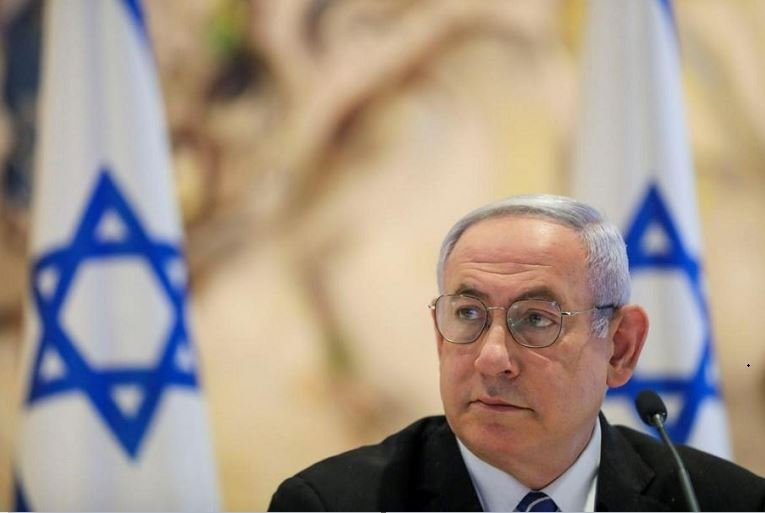Israeli Prime Minister Benjamin Netanyahu’s controversial plans for a new military offensive in the Gaza Strip have sparked warnings from army chiefs and hostage families and fears that more Palestinians may be killed.
Ministers authorised recommendations for the “takeover of Gaza City” during a 10-hour security cabinet meeting, which is likely to be the first phase of the Israeli military taking full control of Gaza, as Netanyahu has stated.
His administration did not use the word “occupation” in their statement, but that is exactly what the plans intend.
It is unclear when the operations, which may last months, will begin, as the military will need to call up thousands of reservists who have served several times and allow for the forced evacuation of civilians from an area where approximately 800,000 Palestinians dwell.
Many, if not most, people have already been moved several times throughout this conflict.
The plans would elicit new censure from countries that have expressed concern about the situation in Gaza and asked Israel to terminate the war, which began as a reaction to Hamas rockets on Israel on October 7, 2023.
Sir Keir Starmer, the UK Prime Minister, has denounced the decision as “wrong” and urged Israel to reconsider it “immediately”.
However, international pressure is unlikely to persuade Netanyahu to reconsider his stance.
There is also unrest at home. According to polls, the majority of Israelis support a deal with Hamas for the release of the 50 hostages, 20 of whom are believed to be alive, as well as the end of the conflict.
The prospect of a full occupation could be part of a ploy to pressure the group into making concessions in the stalled peace talks.
Israeli leaders claim Hamas is not interested in talks because the group is empowered, a view supported by the Trump administration, which has not stated opposition to Israel’s intentions.
Many here feel Netanyahu is extending the fight to ensure the survival of his coalition, which is supported by ultranationalist ministers who have vowed to leave the government if the war is over.
Itamar Ben Gvir and Bezalel Smotrich have also openly defended what they call the voluntary migration of Palestinians from Gaza, which might be considered forced displacement of people, a war crime, and their resettling with Jews.
Netanyahu’s intentions have been strongly opposed by the army’s Chief of Staff, Lt Gen Eyal Zamir, who, according to Israeli media reports, cautioned the prime minister that a full takeover of Gaza would be “tantamount to walking into a trap” and threaten the living hostages.
Many of the hostages’ families share these fears, claiming that the only way to ensure their release is to reach a negotiated agreement with Hamas and end the war.
According to the Maariv newspaper, the “prevailing assessment is that most and possibly all of the living hostages [will] die” during an expanded onslaught, either by their captors or by mistake by Israeli soldiers.
Ahead of the security cabinet meeting, Netanyahu told Fox News that Israel aimed to seize complete control of Gaza.
The cabinet’s decision appeared to stop short of officially approving that.
In the Fox interview, Netanyahu hinted that Israel did not want to keep the territories. “We don’t want to govern it,” he remarked. “We do not want to be there as a ruling body. We want to hand it up to the Arab forces.”
He did not provide specifics regarding potential arrangements or which countries would be involved.
Nonetheless, this was a rare glimpse of what Netanyahu might envision for a post-war Gaza.
So far, Netanyahu has failed to provide a vision for Gaza after the war, other than refusing to accept a governmental role for the Palestinian Authority, which rules the occupied West Bank and acknowledges Israel.
According to Gaza’s health ministry, which is managed by Hamas, Israel’s conflict in Gaza has claimed the lives of almost 61,000 Palestinians.
The Hamas strikes on Israel on October 7 killed around 1,200 people, with 251 carried to Gaza as hostages.










